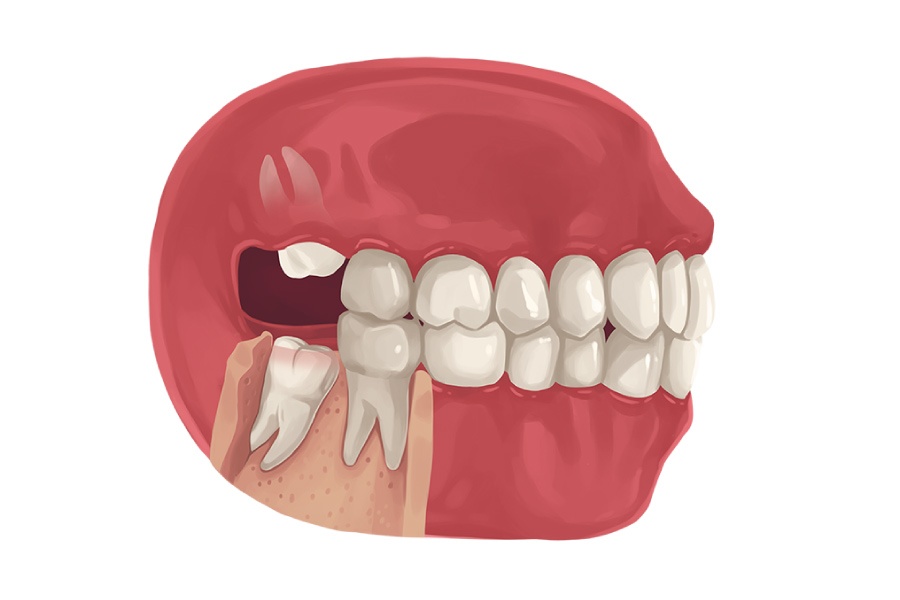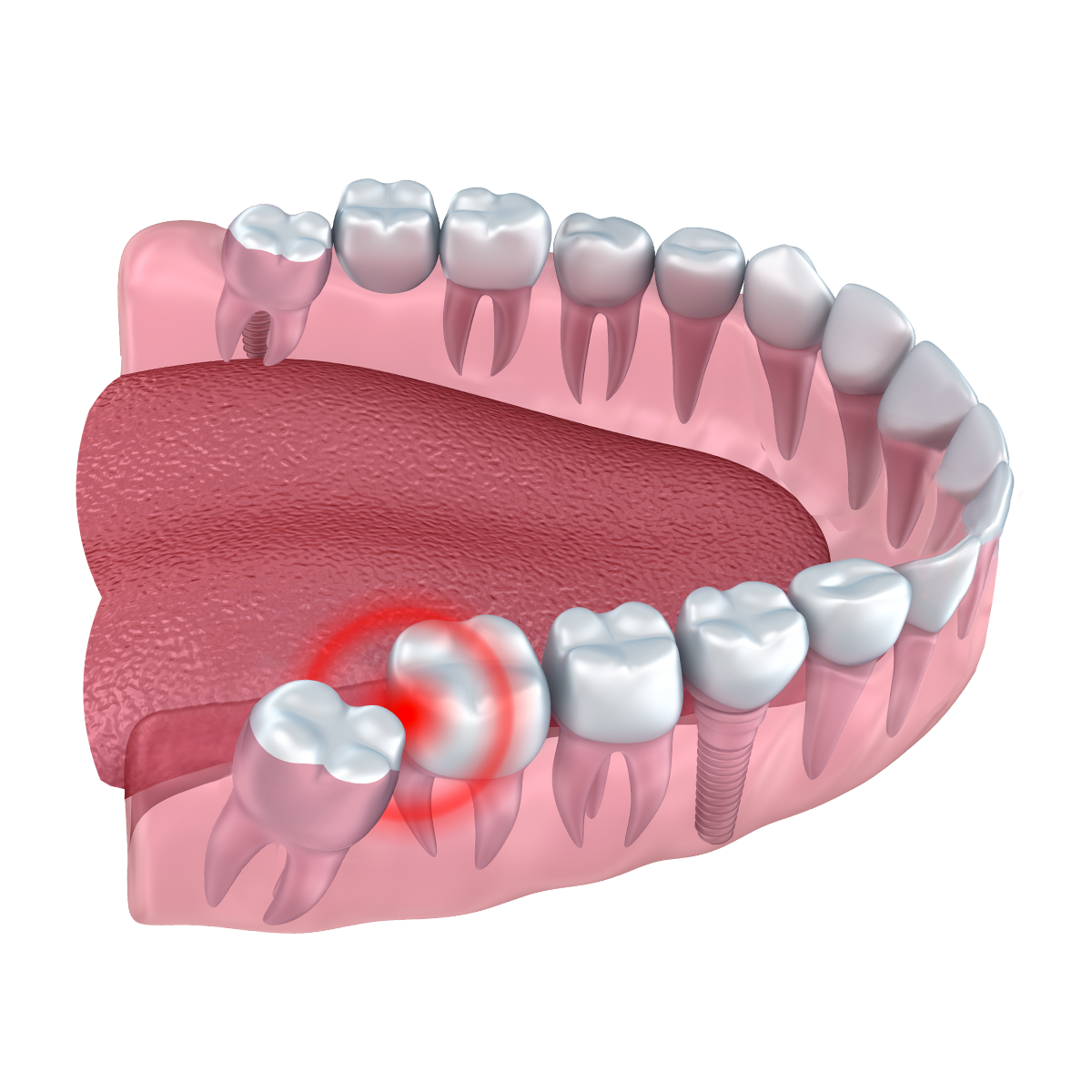Exploring Various Sedation Options for a Comfortable Wisdom Teeth Extraction Experience
The use of sedation during such procedures has actually ended up being increasingly usual to alleviate anxiousness and discomfort. With an array of sedation options readily available, from regional anesthetic to general anesthesia, each technique offers differing levels of relaxation and discomfort control.
Local Anesthetic
Local anesthetic is a commonly utilized method for numbing certain areas of the mouth throughout wisdom teeth removal procedures. By providing a regional anesthetic, such as lidocaine, a dentist can guarantee that the person continues to be comfortable and pain-free throughout the removal procedure. Regional anesthesia works by momentarily obstructing the nerves in the mouth, stopping them from sending discomfort signals to the brain. This permits the dental expert to do the extraction without causing any kind of discomfort to the patient.
Among the key benefits of regional anesthetic is its targeted numbing result, which indicates that just the specific location being dealt with is affected. This local method reduces the risk of systemic negative effects and enables a quicker recuperation post-procedure. Additionally, neighborhood anesthetic is considered to be a risk-free and routine method in dental care, with marginal risks included when carried out by a skilled expert.
Nitrous Oxide
Nitrous oxide, typically recognized as chuckling gas, is a kind of sedation often made use of in dentistry to aid individuals kick back throughout dental procedures. It is a efficient and secure technique that includes breathing in a mix of laughing gas and oxygen with a mask placed over the nose. One of the key benefits of nitrous oxide is its quick beginning of action, commonly within minutes, providing practically prompt leisure for the individual. This sedation choice permits the individual to continue to be responsive and conscious throughout the procedure while feeling at ease and comfy.
As soon as the mask is removed, the effects of the gas wear off promptly, allowing individuals to resume their regular activities without remaining sedative results. Nitrous oxide is appropriate for people of all ages, making it a flexible sedation option for wisdom teeth extractions and various other oral procedures.
Oral Sedation
Oral sedation, a pharmacological approach used in dentistry, includes the management of sedative drugs by mouth to induce an unwinded state during oral treatments. The medications suggested for oral sedation belong to a class of drugs called benzodiazepines, which have sedative, anxiolytic, and amnesic residential properties.
Among the main advantages of dental sedation is its convenience of administration. Unlike intravenous sedation, dental sedation does not call for needles or injections, making it an extra comfortable alternative for individuals with a fear of needles. Additionally, dental sedation is thought about secure and efficient when administered by trained oral experts. Nonetheless, it is crucial for individuals to comply with pre-operative instructions given by their dental practitioner, such as avoiding from consuming alcohol or eating before the treatment to guarantee the sedative drug functions as meant.
IV Sedation
Provided intravenously by skilled doctor, IV sedation is a powerful approach used to generate a regulated state of deep relaxation and unconsciousness during oral treatments. Unlike oral sedation, which can be unpredictable in its impacts, IV sedation enables precise control over the degree of sedation, making it an excellent selection for intricate treatments like wisdom teeth extractions.
Throughout IV sedation, a sedative drug is supplied straight right into the blood stream via a blood vessel, enabling it to work promptly and successfully. This method makes sure that the patient remains uninformed and comfy of the treatment while still keeping essential functions such as breathing and heart rate.
One of the primary advantages of IV sedation is its capacity to supply a much deeper degree of sedation compared to other methods, making it particularly appropriate for people with high levels of anxiety or those going through considerable dental work (wisdom teeth removal aspendale). In addition, the results of IV sedation normally subside slowly after the treatment, decreasing the chance of grogginess or remaining adverse effects. Overall, IV sedation provides a efficient and risk-free alternative for making sure a comfortable and hassle-free experience during knowledge teeth extraction

General Anesthetic
Having discussed the advantages of IV sedation for knowledge teeth extraction, the use of basic anesthesia provides an alternative choice for clients needing a much deeper degree of unconsciousness during dental procedures. General anesthetic generates a regulated state of unfamiliarity, making certain the patient really feels no discomfort or discomfort during the extraction procedure. This method is especially beneficial for people with extreme oral anxiousness, complicated surgical demands, or those undergoing several extractions concurrently.
General anesthetic is carried out by a qualified anesthesiologist that very closely monitors the client's crucial signs throughout the procedure. It involves using intravenous drugs or breathed in gases to generate a state of unfamiliarity. While under general anesthesia, the individual will certainly not be my response aware of the surgical procedure, experience any type of discomfort, or have any recollection of the treatment later.
Although general anesthetic is safe when carried out by certified specialists, it brings a somewhat higher threat contrasted to other sedation choices - wisdom teeth removal aspendale. Patients considering basic anesthetic for knowledge teeth removal must discuss the possible risks and benefits with their dentist or oral cosmetic surgeon to make an informed decision based on their individual requirements and case history

Conclusion
In verdict, various sedation alternatives are available to make certain a comfy knowledge teeth removal experience. Oral sedation and IV sedation deal deeper levels of leisure, depending on the patient's demands.
Nitrous oxide is appropriate for individuals of all ages, making it a functional sedation choice for knowledge teeth removals and other dental procedures.

Comments on “Wisdom Teeth Removal Aspendale: Post-Procedure Treatment and Recovery Tips”